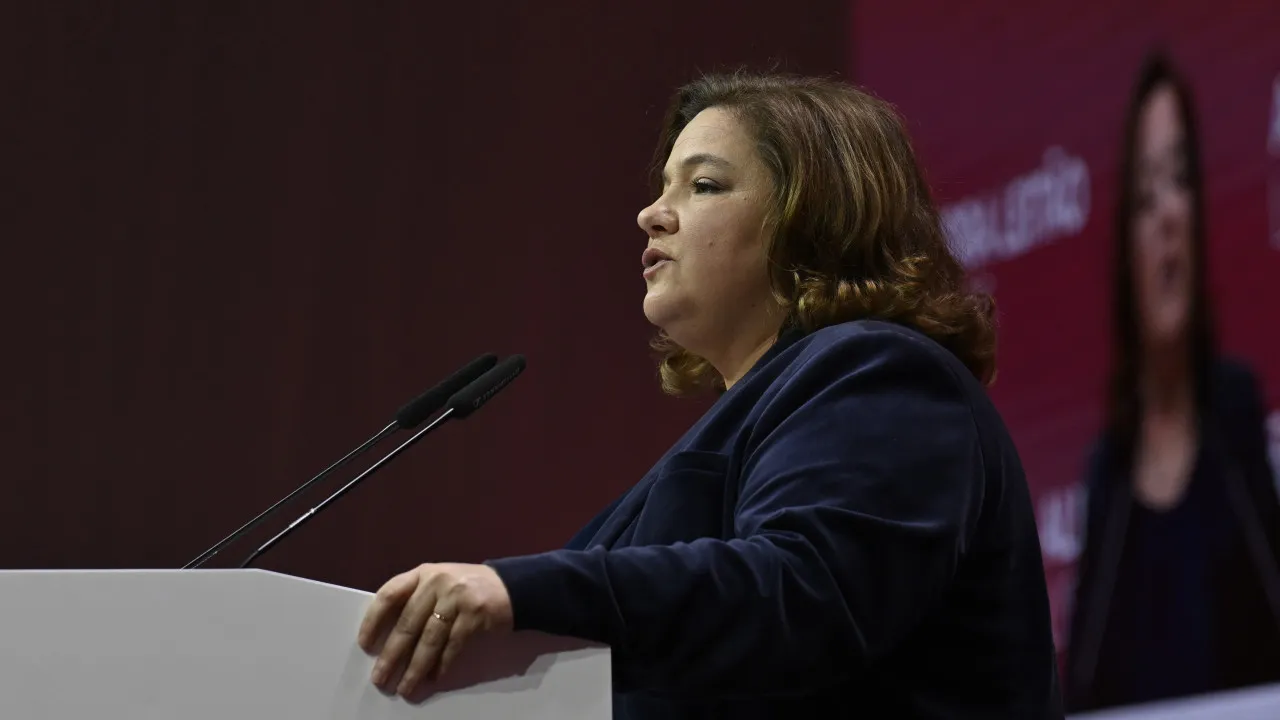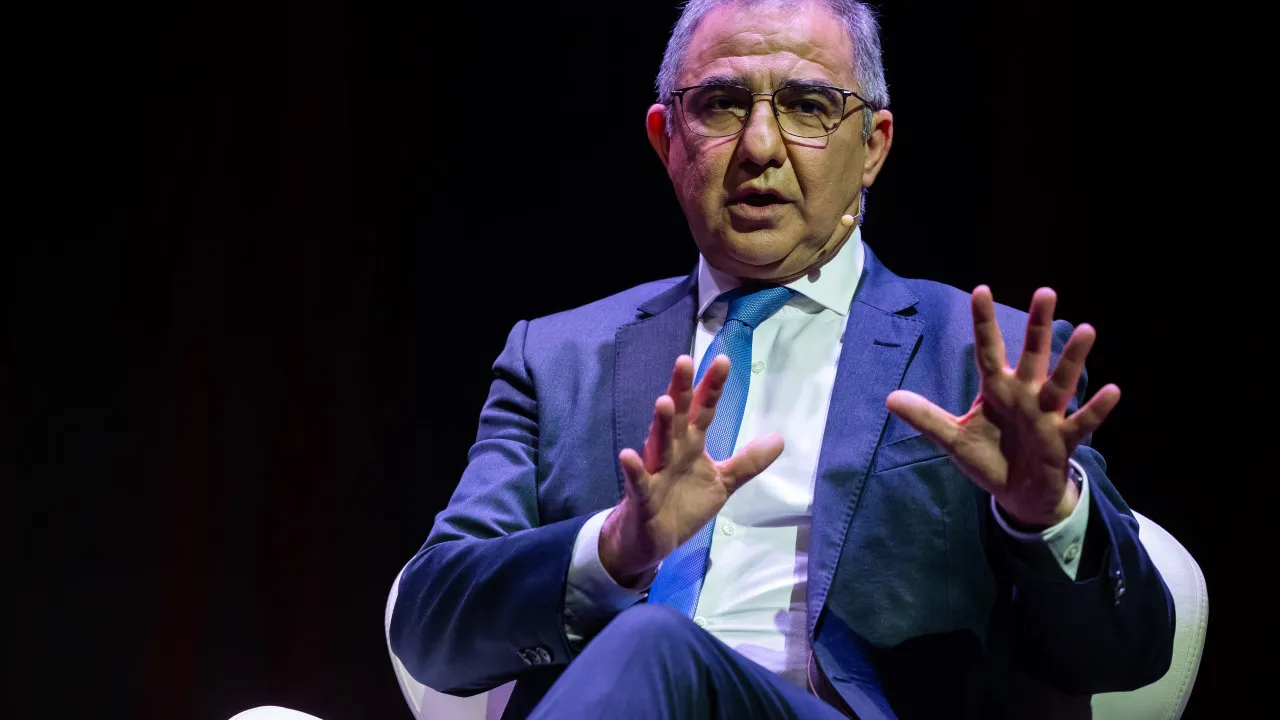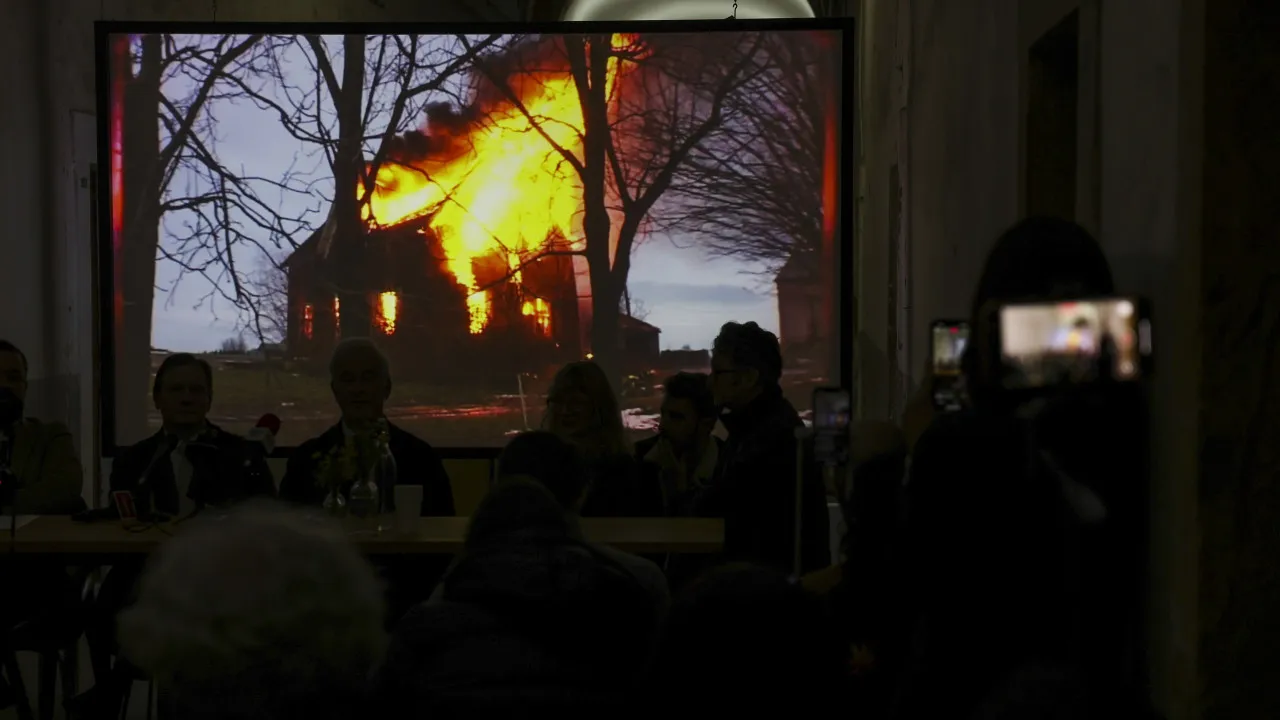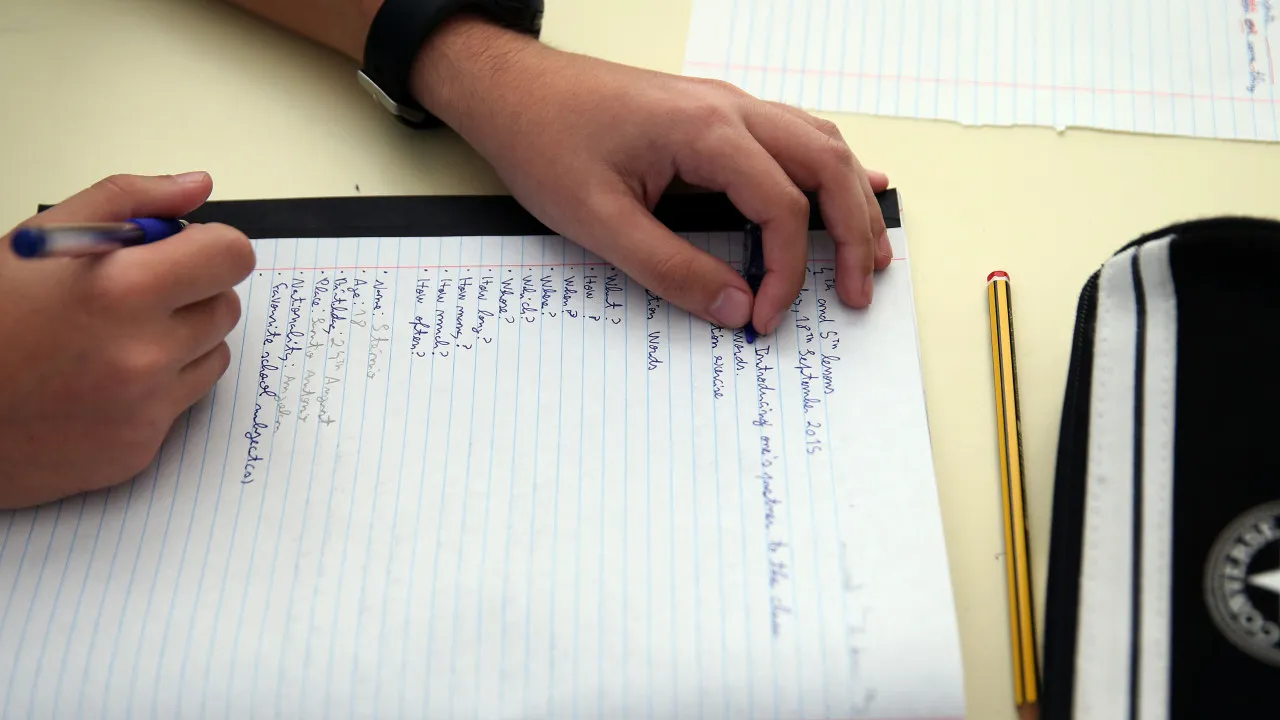
The socialist Alexandra Leitão took to social media last Saturday to criticize the Chega party, specifically over André Ventura’s mention in Parliament of minors’ names during the discussion on nationality and immigration law amendments. These names appeared on a list from a central Lisbon school that circulated in far-right and neo-Nazi sympathizer groups.
The PS candidate for the Lisbon City Council joined the chorus of criticism against the party, stating that the episode exceeded “what is acceptable in a democracy” and emphasized that “this is the slippery slope” that needs to be “reversed.”
“What happened yesterday [Friday] in the Assembly of the Republic should not have happened. Chega used children’s names in a political debate, surpassing what is acceptable in a democracy,” she wrote in a post on the social network X (formerly Twitter).
“Instrumentalizing minors to fuel hate speech is shameful, inhumane, and dangerous. I stand in solidarity with the families of the children whose names were exposed. This is the slippery slope we must reverse before it is too late,” she added.
O que aconteceu ontem na Assembleia da República não podia ter acontecido. O Chega usou nomes de crianças num debate político, ultrapassando o que é aceitável numa democracia. Instrumentalizar menores para alimentar o discurso de ódio é vergonhoso, desumano e perigoso. Estou…
— Alexandra Leitão (@Alexandrarfl) July 5, 2025
When André Ventura began citing the names, several left-wing deputies intervened and tried to interrupt the Chega leader, but the session chair did not intervene. Isabel Mendes Lopes, the parliamentary leader of Livre, became emotional, asking for “humanism.”
On Sunday, also on X, Ventura commented again on the controversy.
“A part of the country was bothered by the reading of Islamic and Indian names in Portuguese schools. They call it political instrumentalization. Curiously, I’ve never seen them worry about the use of children and youth in LGBT propaganda or in Bloco and PCP booklets,” he wrote.
Uma parte do país ficou incomodada com a leitura de nomes islâmicos e indianos nas escolas portuguesas. Dizem que é instrumentalização política. Curioso, nunca os vi preocupados com o uso de crianças e jovens na propaganda LGBT ou nos folhetins do Bloco e do PCP.
— André Ventura (@AndreCVentura) July 6, 2025
The Government’s initiatives to amend the nationality and immigration laws have moved to the specialty phase without a general vote, along with Chega’s legislative proposals on the same subjects.
The Government’s proposal to amend the nationality law, now to be discussed in committee, aims to increase the residency period required to obtain citizenship (from five to 7 or 10 years, depending on whether applicants are Lusophone or non-Lusophone).
The Government also foresees the possibility of losing nationality for those naturalized for less than 10 years who receive a prison sentence of five years or more for serious crimes. As for granting nationality to descendants of foreign residents in Portugal, a legal residency period of three years is now required.
Chega’s legislative proposal, which also moves to specialty consideration, suggests “the loss of nationality acquired by naturalization or for those with dual nationality if the individual commits acts that seriously threaten sovereignty, national security, or the essential principles of the rule of law.”
In the foreigner laws, the Government aims to restrict work-seeking visas “to highly qualified activities,” limit access to family reunification, and alter conditions for granting residency permits to citizens of Community of Portuguese Language Countries (CPLP) member states.
Chega’s proposal “restricts rules regarding entry and stay in national territory,” imposing entry quotas based on labor needs identified by authorities.




